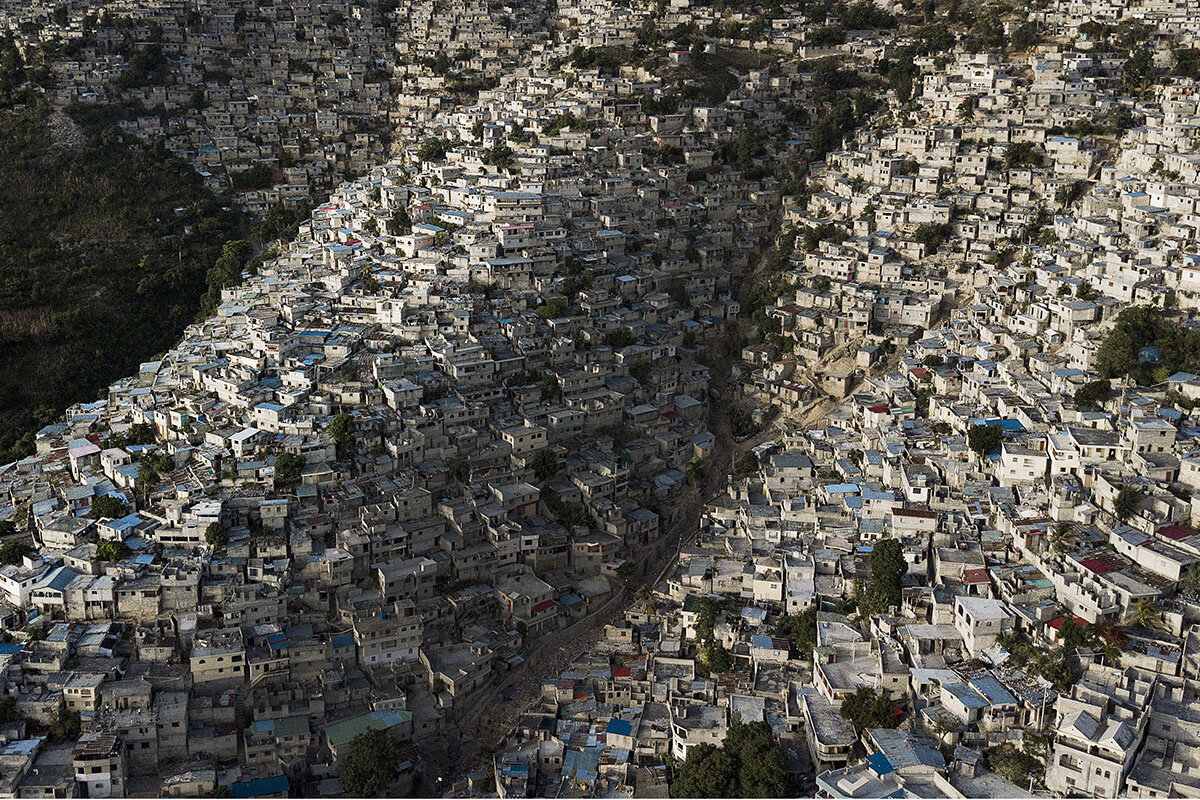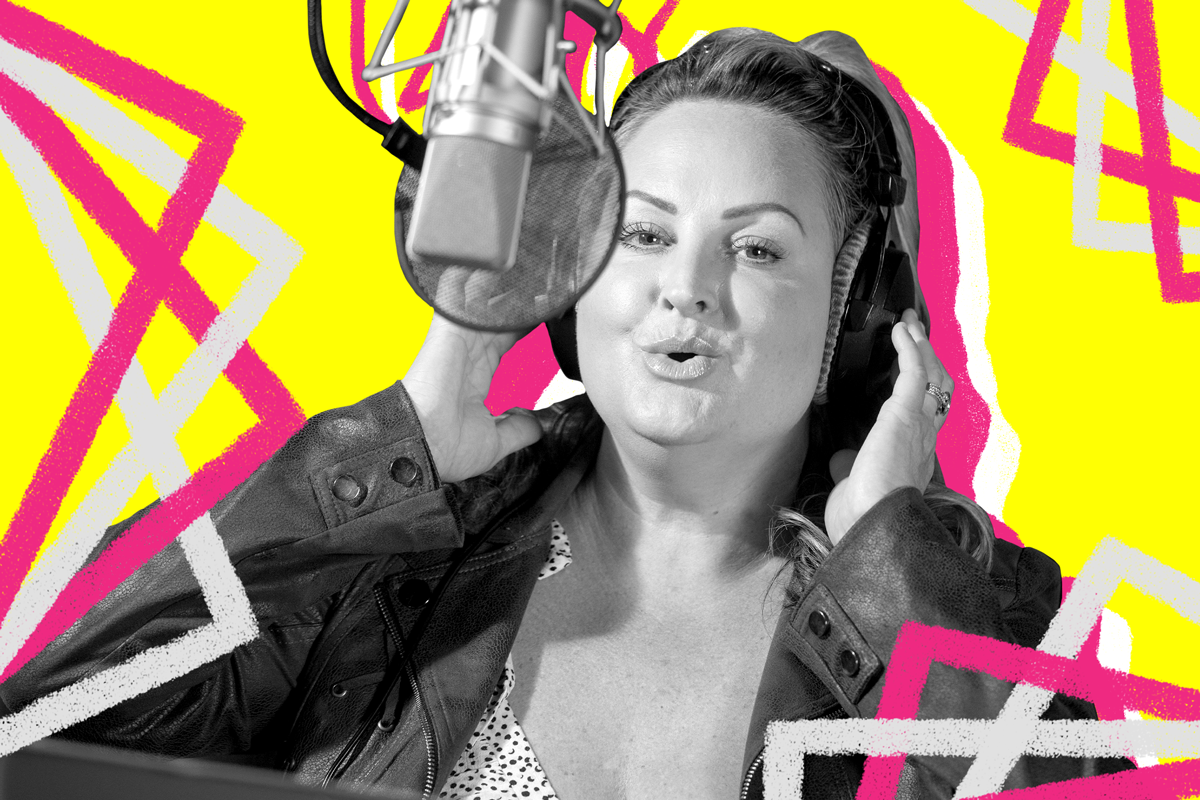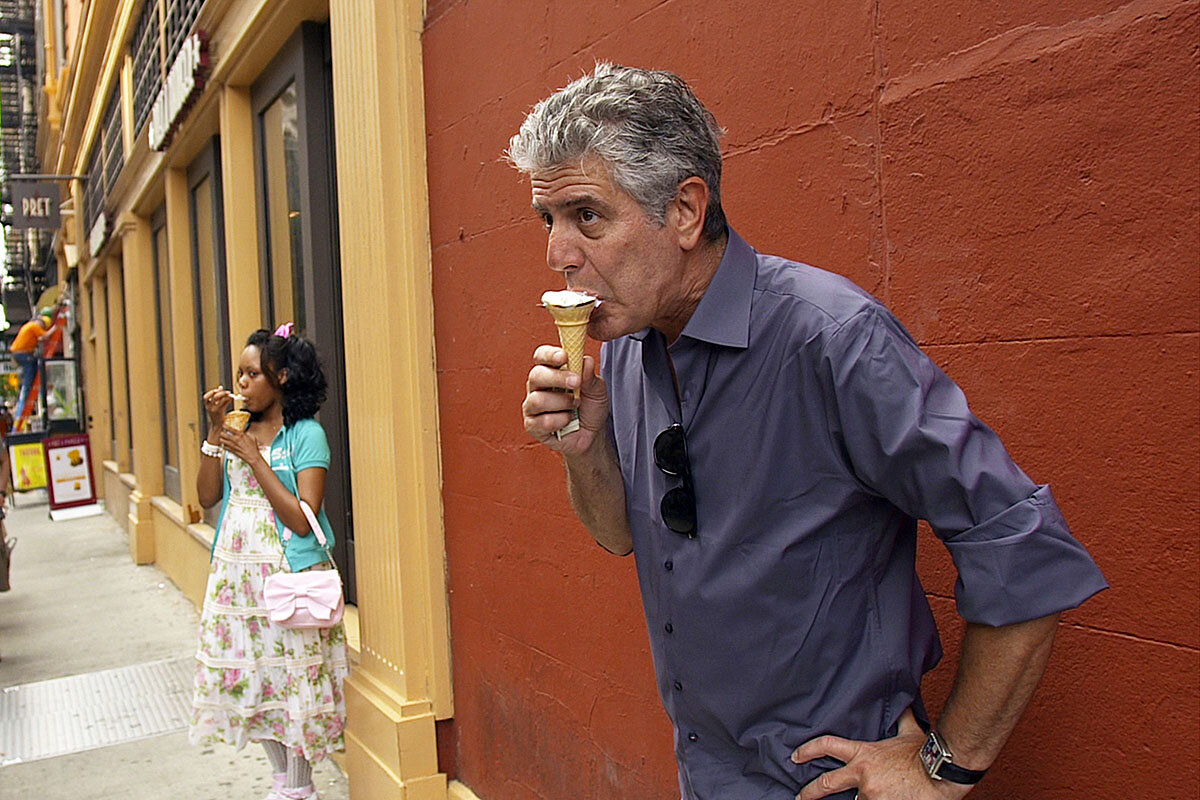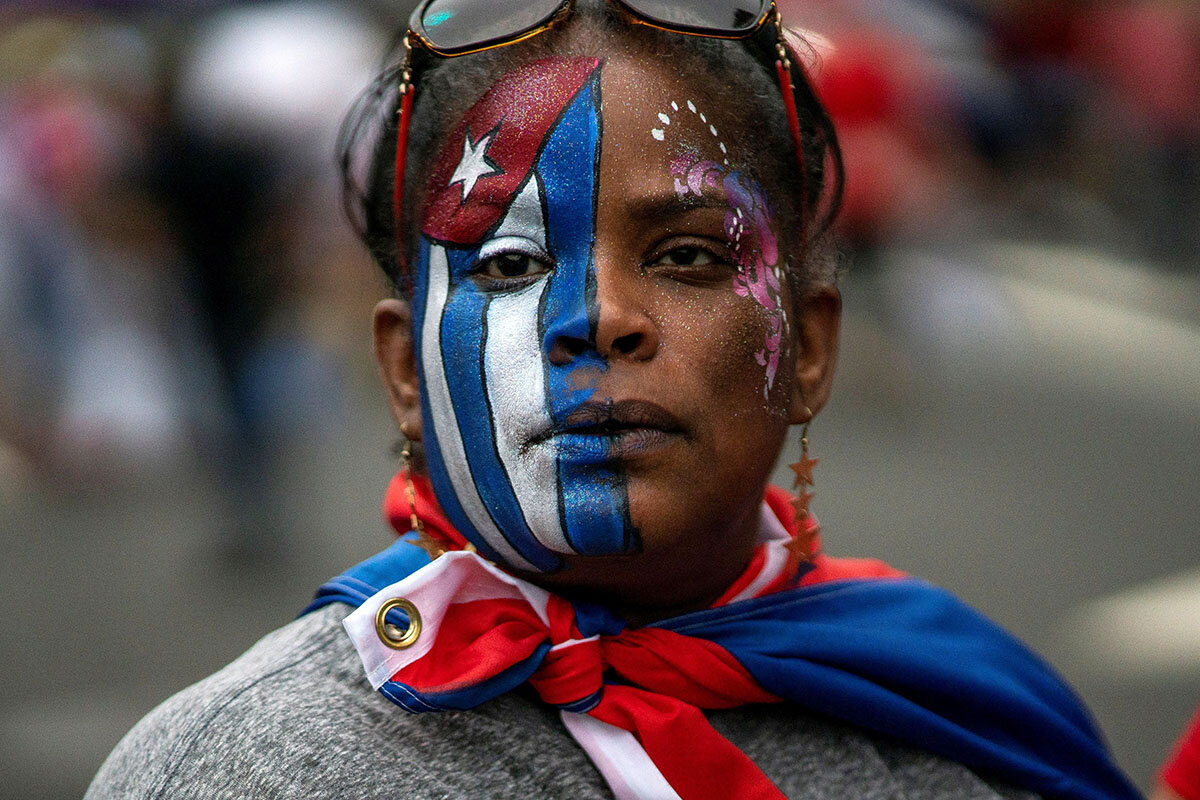Have billions in aid left Haiti worse off? Some who know the country say when top-down assistance has been replaced with cooperation plumbing Haitians’ resilience and ingenuity, conditions have improved.
Monitor Daily Podcast
- Follow us:
- Apple Podcasts
- Spotify
- RSS Feed
- Download
 Laurent Belsie
Laurent Belsie
It’s an old ploy for inflationary times. When costs go up, don’t boost the price, shrink the package. It happened back in the 1970s when inflation seemed out of control. And it’s happening again.
An NPR story details how boxes of Cocoa Puffs and Cheerios are getting lighter – 18.1 ounces, down from 19.3 ounces – but the price is staying the same. When a colleague posted the story on an internal chat space, Monitor staffers had their own stories of “shrinkflation” over the years: Triscuits, orange juice, and Pepperidge Farm cookies. It’s not just food of course. Prices are rising across the board.
American consumers are starting to notice. Inflation in June surged 5.4% from a year earlier, the biggest rise in 13 years. Takeout food and energy prices, which jump around a lot, and so-called core inflation rose at a rate not seen in 30 years.
Inflation is becoming a top-of-mind public concern, some polls suggest. That raises what may be an important question of balance in the world’s largest economy. Federal Reserve policymakers have thought a bit more inflation is tolerable now because the economy spent a dozen years undershooting their target of about 2% a year. But public worries can become a self-fulfilling prophecy. If people lose confidence in monetary stability, they will act in a way that reinforces inflation.
The 1970s are talking to us. From a cereal box.










